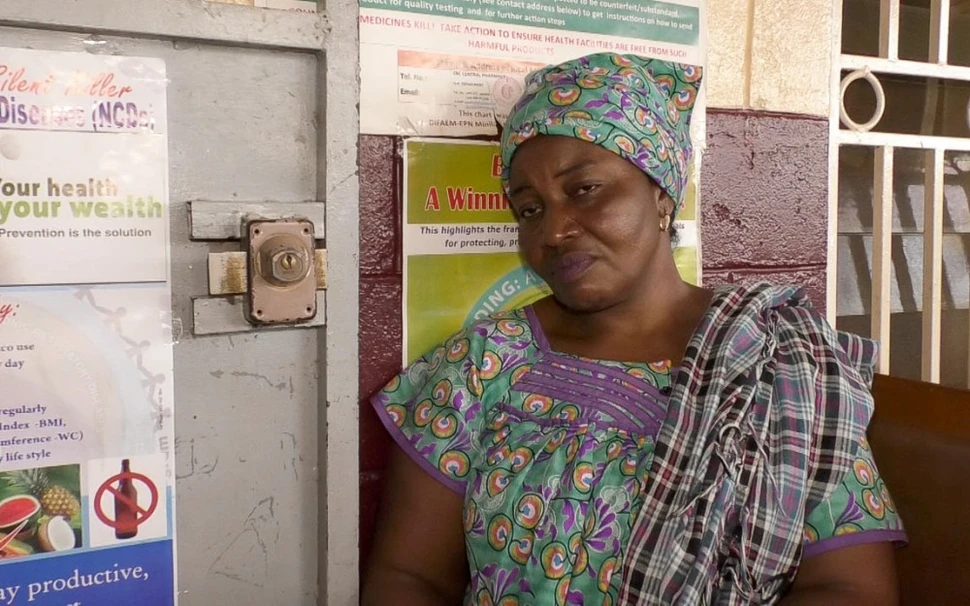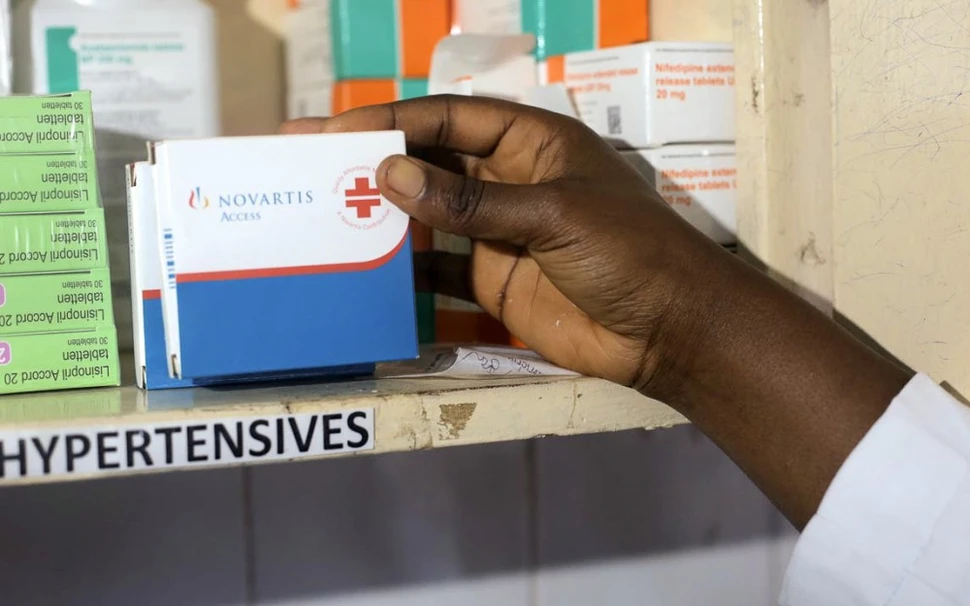Every month, Alvine Nyintché travels 5 kilometers (about 3 miles) to the Etoug-Ebe Baptist Hospital in Yaoundé, the capital of Cameroon. Nyintché, age 50, was diagnosed with high blood pressure seven years ago.
Today, Nyintché has access to an affordable treatment thanks to Novartis Access, which provides a portfolio of medicines that help treat key chronic conditions. In Cameroon, these medicines will be available through some hospitals and clinics of the Cameroon Baptist Convention Health Services. The program will later be extended to other faith-based groups and eventually the entire country. Beyond medicines, activities will be conducted to strengthen healthcare systems. They include training healthcare professionals on how to manage noncommunicable diseases as well as providing community education and awareness.
A memorandum of understanding has recently been signed between the Ministry of Health of Cameroon and Novartis, complementing efforts by the government to establish prevention and control programs for the growing burden of chronic diseases. These diseases – such as diabetes, hypertension (high blood pressure), cancer and respiratory diseases – are a growing concern in Cameroon, already causing an estimated 31% of deaths every year, according to the World Health Organization.1
Keep reading (or watch a video) to learn more about how cooperation between the Cameroonian government, faith-based organizations and Novartis Access is helping people like Nyintché.












